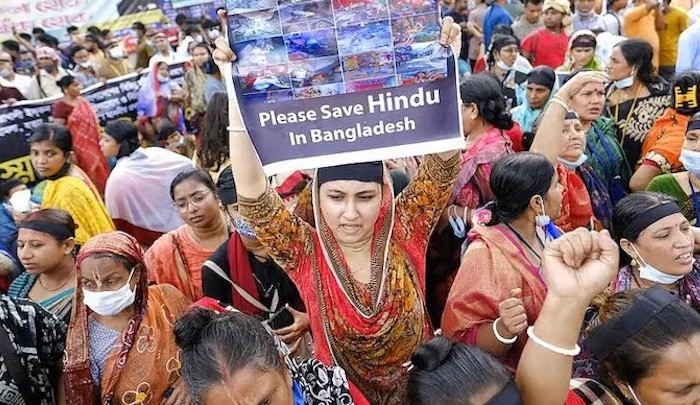In Nigeria, Muslims attacked Christians traveling near an army base, resulting in the deaths of two teachers and injuries to several others
- Mahamunimodi Team
- May 20
- 3 min read

On May 14, 2025, tragedy struck again in northern Nigeria as Boko Haram insurgents launched a deadly attack along the notorious Damboa–Maiduguri highway, brutally claiming the lives of two devoted Christian teachers, Blessing Luka and Gideon Bitterleaf. This act of terror is part of a grim pattern of targeted violence against Christians and educators in the region, deepening fears about religious persecution and the eroding security situation in Borno State.
The two educators, both employees of the Damboa Local Education Authority, were killed instantly when the commercial Toyota HiAce van they were traveling in triggered an improvised explosive device (IED) reportedly planted by Boko Haram militants. The vehicle, which was transporting mangoes and passengers to Maiduguri, exploded near a military checkpoint just outside Damboa — an area that has suffered repeated attacks in recent months. Several other passengers suffered serious injuries and were rushed to the State Specialist Hospital in Maiduguri for emergency treatment.
According to eyewitnesses, the victims had been seated in the front of the van — an unfortunate position that left them most exposed to the force of the explosion. Locals describe Blessing and Gideon not just as teachers, but as pillars of hope in a region long devastated by terror. “They were more than educators,” a community leader told International Christian Concern. “They were a light in the darkness, serving with courage in an area many had abandoned.”
Boko Haram, an Islamist militant group whose name roughly translates to “Western education is forbidden,” has waged a brutal insurgency in northeastern Nigeria since 2009. Over the past 15 years, their campaign of terror — alongside that of their splinter group, the Islamic State West Africa Province (ISWAP) — has claimed more than 35,000 lives and displaced millions. Schools, particularly those with Christian staff or curriculum, have been frequent targets, as the group seeks to impose a radical form of Sharia law while dismantling secular and Western institutions.
The Damboa–Maiduguri road, once a key economic and humanitarian corridor, has become a gauntlet of fear. The 87-kilometer (54-mile) stretch is now riddled with landmines, ambush points, and makeshift checkpoints operated by militants who often abduct travelers or extort ransoms. Even the Nigerian military has struggled to secure the route, with recent months seeing a disturbing uptick in attacks near supposedly protected zones.
This most recent bombing has sparked fresh criticism of the government’s counterinsurgency strategy. Despite the presence of military outposts and patrols, insurgents continue to operate with impunity — often attacking just miles from security installations. The government has yet to release an official statement or commit to enhanced protection for civilians traveling the route.
Human rights advocates and Christian organizations have repeatedly called on the Nigerian federal government and the international community to do more to protect religious minorities in the north, where targeted killings, church burnings, and school abductions have become all too common. The murders of Blessing Luka and Gideon Bitterleaf are a chilling reminder that teachers, especially Christian ones, are not just collateral damage but specific targets in this war on knowledge, faith, and progress.
What is especially tragic is that these educators were not only risking their lives to teach — they were symbols of resistance. In areas where hope is scarce, they chose to stay, to nurture the minds of future generations despite looming threats. Their deaths represent a profound loss not just for their families or communities, but for Nigeria itself — a country where the promise of peace and progress continues to be overshadowed by extremist violence.
As the world watches, the silence of Nigerian leadership in the face of such brutality is deafening. Without meaningful action to dismantle terrorist networks and secure the highways, towns like Damboa will remain under siege — and the dream of a stable, united Nigeria will continue to fade.



Comments